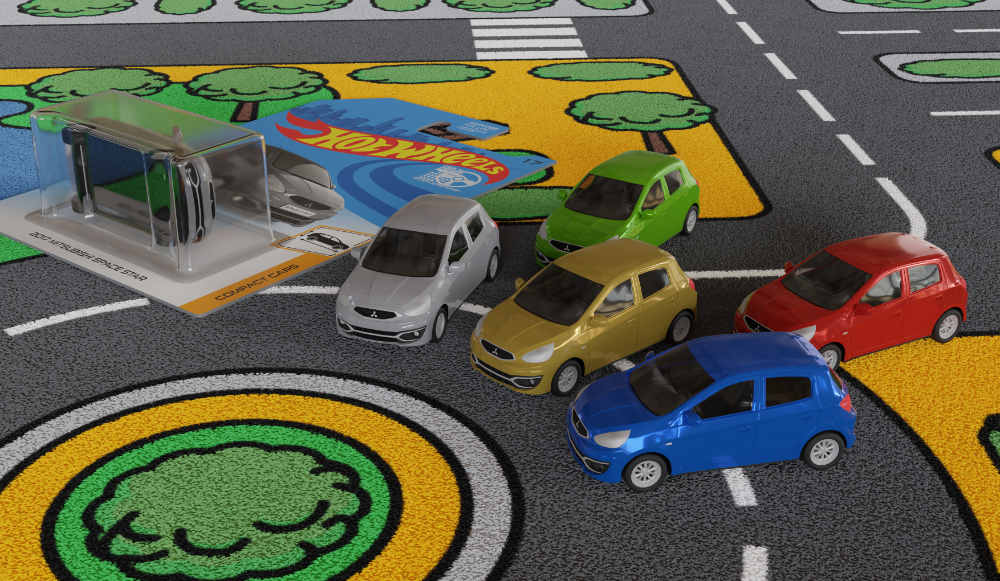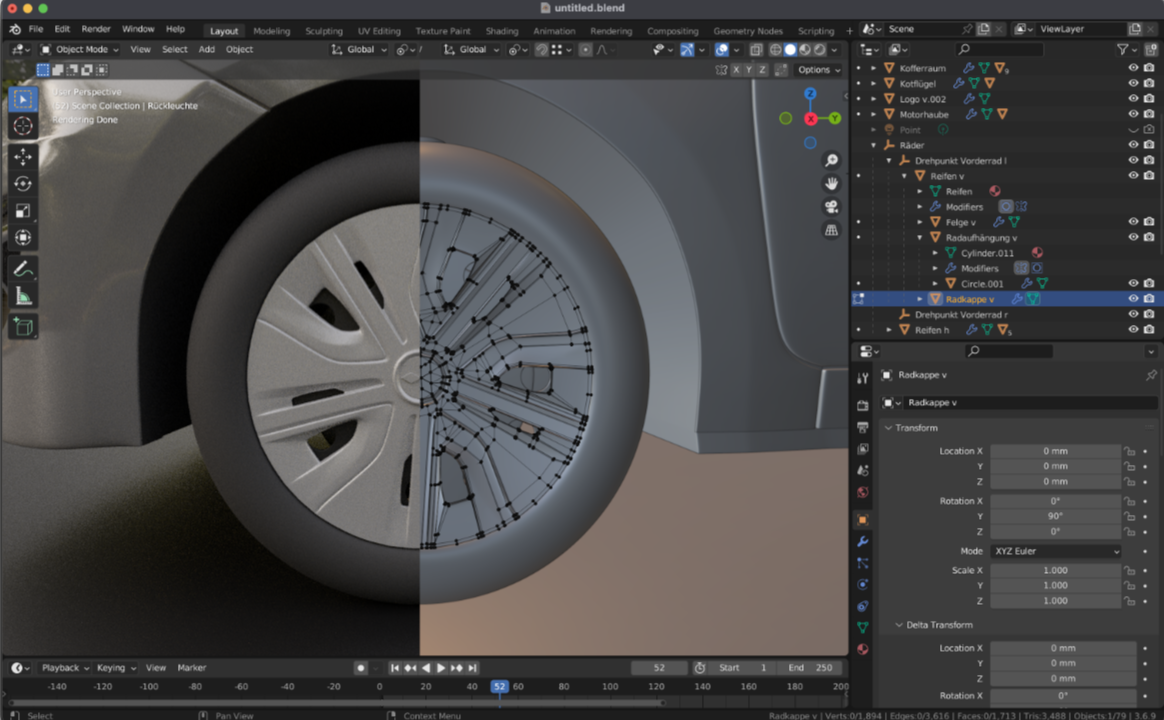I wouldn't want to know that. Imagine even if you get to know only a part of that knowledge, for instance, you get to know that you will die on a Tuesday or within a specific month. With that information in mind you would dread every upcoming Tuesday (or a specific month) and in the end it all may lead up to a self fulfilling prophecy.
nicerdicer2
Es geht einfach darum, den börsendotierten Konzernen und den großen Arbeitgebern weiterhin hohe Gewinneinnahmen zu generieren, als Kompensation für geringere Abstätze ihrer Produkte.
Es geht ja anscheinend nicht darum, produktiver, also effizienter zu arbeiten, sondern einfach eine noch längere Zeitspanne als sonst schon irgendwelche sinnlosen Bullshit-Arbeiten zu verrichten. Ginge es um Produktivität oder Effizienz, dann würde man bessere Werkzeuge, modernere Ausrüstung etc. bereitstellen. Dies würde aber bedeuten, dass man was investieren müsste, was den momentanen Gewinn in diesem Fall aber schmälert.
Die Leute aber mehr arbeiten zu lassen, kann man quasi umsonst haben. Die geleisteten Überstunden werden dann halt aus irgendwelchen Gründen nicht anerkannt - zumindest kann ich mir so etwas in vielen Jobs vorstellen, bei denen der Arbeitnehmer ungelernt und somit schnell austauschbar ist. Arbeitnehmer, die um ihren Wert wissen, oder eine gefragte Qualifikation haben, werden so etwas nicht so leicht mit sich machen lassen. Darum bleibt auch der öffentliche Aufschrei aus.
Back in the 90s our school had one room with a permantently installed TV set. Class was taking part in this room once a week. When we all behaved - and we did! - we were allowed to watch MTV in this room for the last remaining 15 minutes of the lesson. It was the time where boy groups and Euro Dance music was at its peak. For us 5th or 6th-graders this was the most important thing every week.
The last time I bought a map was around the early 2000's. I drove to another city and bought a city plan along with a newspaper. I used both to search for appartements to visit and rent while being there for the whole day.
The last time a physical map got handed to me was when I registered as a citizen in yet another city I went to study for. Students who moved there were handed a shoulder bag filled with some brochures along with a map of the city and a book with the timetables for all public transport routes as a welcoming gift. That was in 2007.
Absolut sehenswert.
An excerpt from a related article from the same website:
And making the low-budget movie meant long hours and, as the title suggests, a lot of running. “Run Lola Run” finds its 20-something protagonist in a race against the clock to help her boyfriend replace a drug dealer’s bag of money that he lost. Most movie stars would sign up for a few triathlons or employ Usain Bolt’s trainer to get ready for such a gig. Not Potente.
“I didn’t do any preparation really,” she admits. “I was probably smoking two packs of cigarettes a day at that point. And I was doing all this running — I was running in rehearsals, I was running when we shot all the different takes, and I would run again so we could get the sound right. I was carried along by all this energy.”
Ah, the 90s... It ~~was~~ still is a great movie.
These all are valid points. From the technological point of view nuclear technology is pretty safe and the margin of error is rather low. There are many redundant fail-save measurements to retain a save operation. But if something will happen, it will be devestating. Most famous incident is Chernobyl. Also, nuclear waste management is a huge issue. Not many (if any) locations for waste storage have the capability for eternal storage. The Asse II mine for instance is a former salt mine which has been re-purposed as a deep geological repository. It was supposed to last alt least several thousand years. After only 30 years of usage it has been detected that water seeps into the vault which leads to corrosion of the barrels filled with nuclear waste which ~~will result~~ already resulted in a release of radioactive elements. This is how the barrels were handled and stored. I am no expert but thirty years into almost eternity is a pretty bad figure.
And there is another thing - and in my opinion this is a really serious one: Nucular power plants are operated by corporations within the private sector. This means that such a power plant is conducted with an economical focus (= profit). The incentive to make profit will result in skipping maintenance, bribing inspectors and downplaying any technical difficulties. Even when assumed that all the other issues (waste management etc.) are solved, every technical malfunction that resulted in the leakage of radioactive material woult be not be made public voluntarily. There were many incidents that have been made public, because the law required them to do so.. The hidden number of incidents that were not required to be made public is probably much higher.
Perhaps there will be a time in the future when we look back to when everything was "just" flat design. Meanwhile the UI will adapt the aesthetics of AI generated imagery which will be the new design thing then. Everything will look overly saturated but also a bit blurry, like AI generated landscapes. .
Or not. It depends on what data an AI will be fed with. Maybe it goes Frutiger Aero all over again (at least what the AI interpretation of Frutiger will be) since AI generators could be fed with the existing examples of such an era. We would have gone full circle.
I didn't know. I thought it was some old painting which depicted something in a totally different and unknown context, like so many others in this communtiy. It is never too late to learn.
That's an interesting one. When I was a child I liked the smell of new books and magazines. They had a rather pleasant odor. But since a couple of years now fresh-printed things smell just awful. I think the ingredients of the ink or the paper have been changed.
What a waste of resources. Millions of devices will now add to the landfill, despite nothing is wrong with them in terms of technical funtionality. Just because Spotify wants them do be discontinued.
It should be law that when a manufacturer decides on discontinuing an otherwise fully functional product in such way, they should be forced to publish the source code of the software used for the respective device as well as any other resources for free so that users of these devices at least have a chance to repurpose it.
This also stands for any "smart" / internet-of-things-devices where the main functionality is reliing on the operation of a server. When the servers discontinue their services your device is basically a brick with no other functionality.











Came for the headline, educated myself about typesetting machines on wikipedia after reading the article. Headline was a bit misleading.